Yegor should not bother her with political matters, from which, after all, women were excluded. Why should she form a judgement, the implications of which she could not put into practice? Particularly in society, discussions of political affairs ought to be forbidden, for they immediately turned even the cleverest man into a narrow-minded, bristly ass.
Entertaining and engrossing, with a clever twist at the end, The Last Summer doesn’t only open a window on a pivotal time in European social and political history, but can serve as a warning to all of us who think we can judge a person’s character on the basis of a short acquaintance. Thanks to Peirene Press for my review copy.
| Julia Fawkes is a remarkable woman: a radical political writer and feminist before the word was invented. Her daughter Lizzie, whose story this is, has been brought up with a mind of her own; unfortunately she’s used it to marry a man as different from her mother’s set as words are from stone. John Diner Tredevant is a Bristol property developer who believes a woman’s place is in the home. A widower with no other family, he envies Lizzie’s other attachments and, as the French Revolution impacts socially and economically on Britain, and Diner’s beautiful houses fail to sell, he tightens his grip on what he can control. Lizzie struggles to rationalise his behaviour until she learns he’s lied about the burial place of his French wife. By then, unfortunately, with the creditors banging on the door she’s beyond the help of her former friends. |
Birdcage Walk is a drama of the parallels between public and private violence, of disillusionment, defiance and fear. It’s an important reminder of our foremothers’ fight for human rights and, in the character of a neglectful wet nurse, cruelty to babies. While I enjoyed the Scarlet Pimpernel novels as a teenager, I don’t think I’ve ever read a fictionalised version of the impact of the French Revolution on neighbouring countries (apart from Jane Austen’s references to the Napoleonic Wars). Thanks to Hutchinson for my review copy.
| It’s sheer coincidence that I chose to post these reviews few days before International Women’s Day. Last year and the year before, I used the occasion to run a poll on fictional heroines; this year, on March 8th, I’m reviewing a non-fiction book about testosterone myths. But, before that, I need a 99-word story for the compilation Charli’s posting on that day. |
| These are the instructions: In 99 words (no more, no less) include slag in a story. Slag is a glass-like by-product of smelting or refining ore. Slag is also used in making glass or can result from melting glass. It can be industrious or artistic. Go where the prompt leads. |
They spat that name as she shivered down the corridors, taunts that slapped her ears. They were the good girls with glossy hair and proper parents, while she was ….
It hurt the first time. And the second and the third. But he bought her stuff she needed, and drugs that made it hurt a little less. He promised to protect her. Until he didn’t.
Next time, she’d call the shots; the good girls could call her what they liked. After all, her body was built for pleasure; it was time she took some for herself.
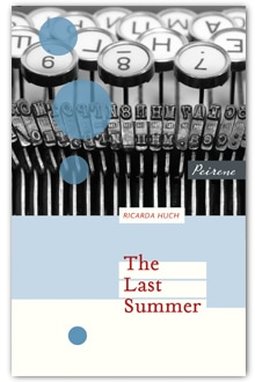
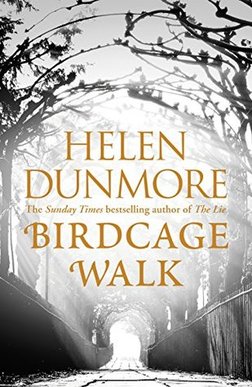
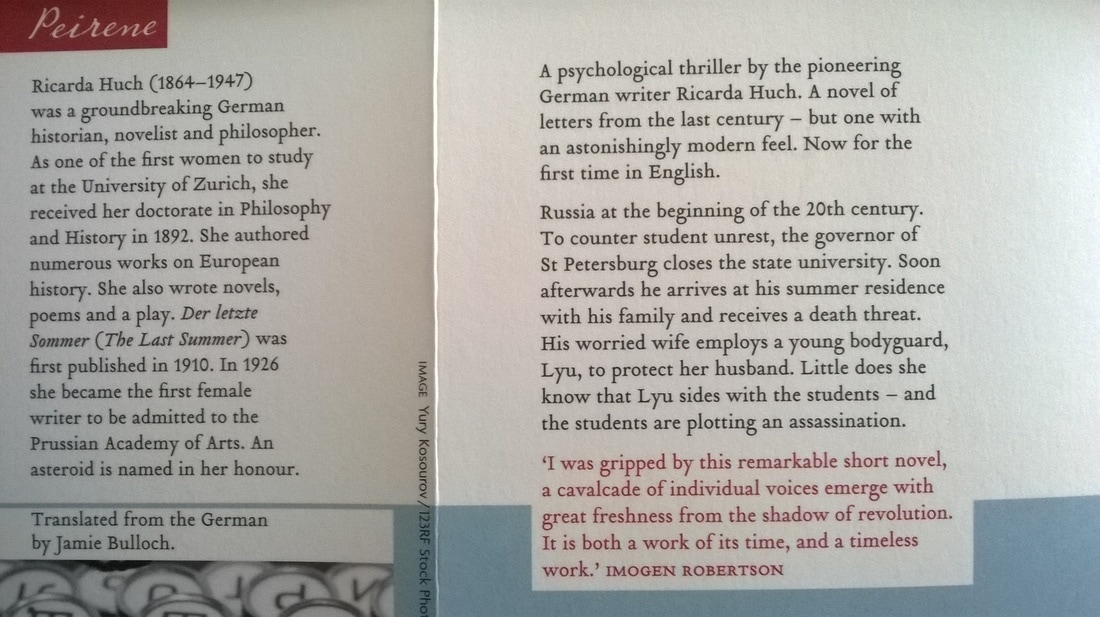
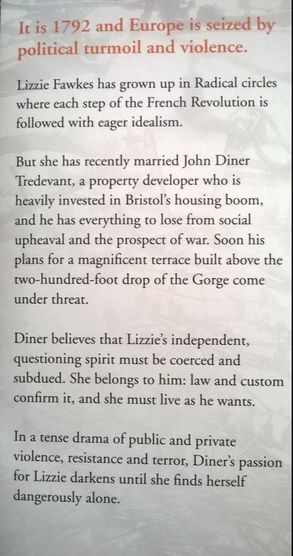

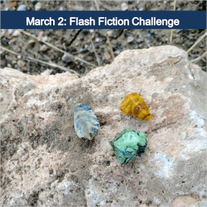





















 RSS Feed
RSS Feed





















